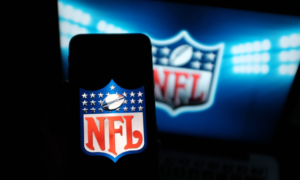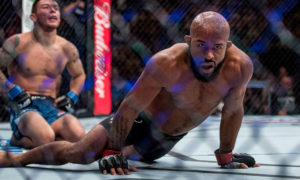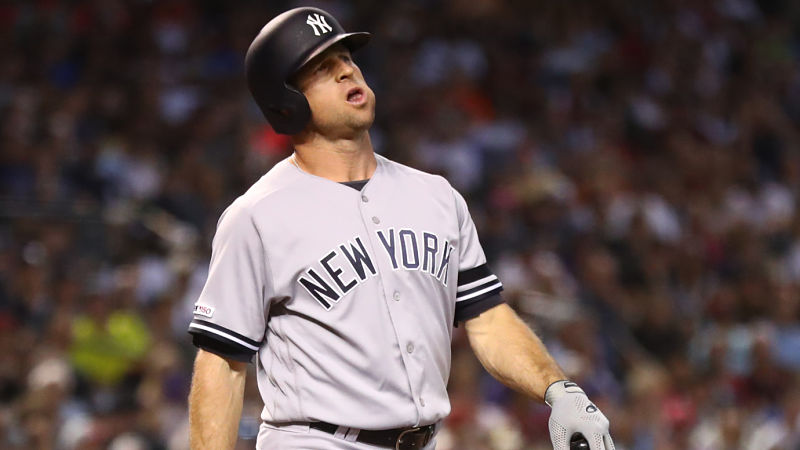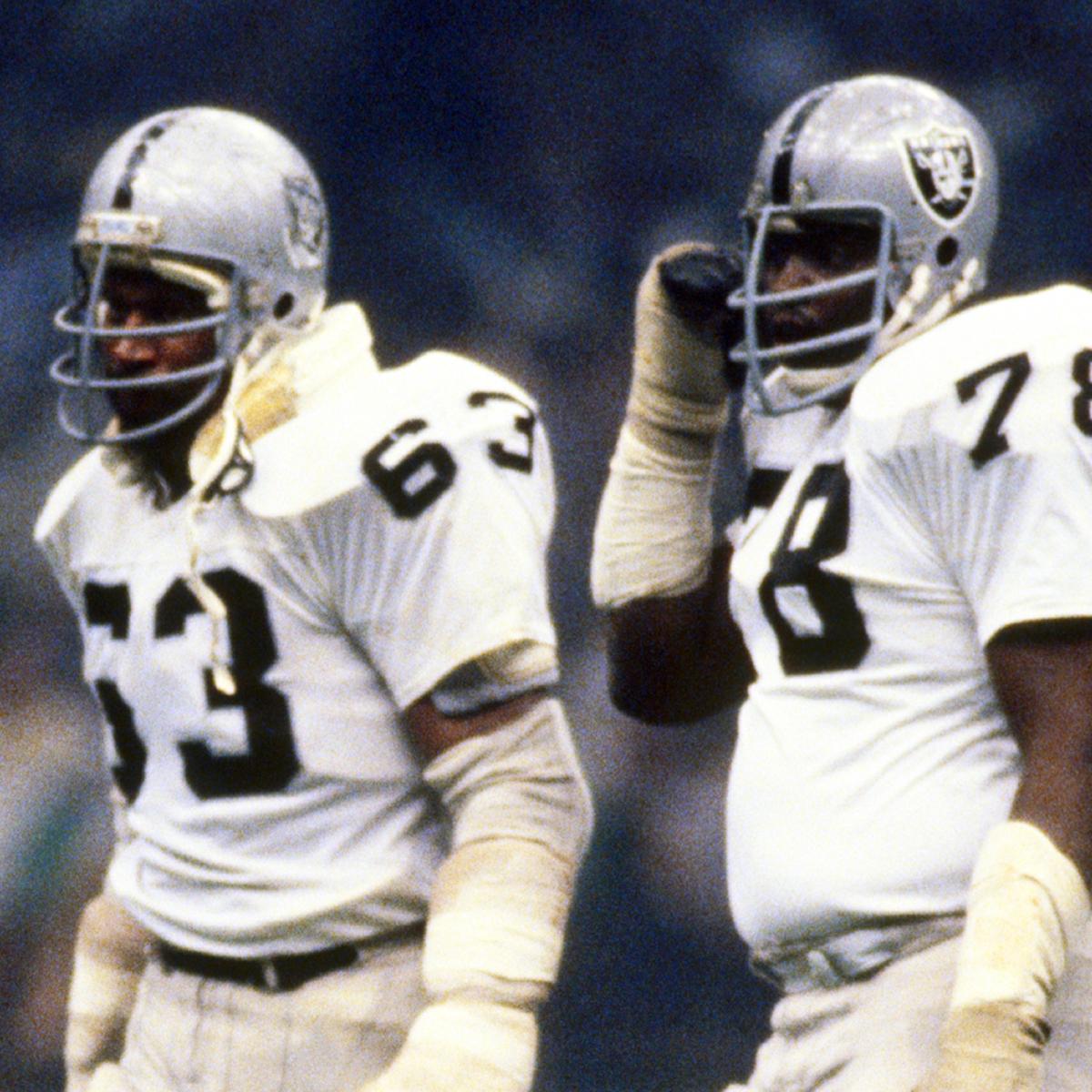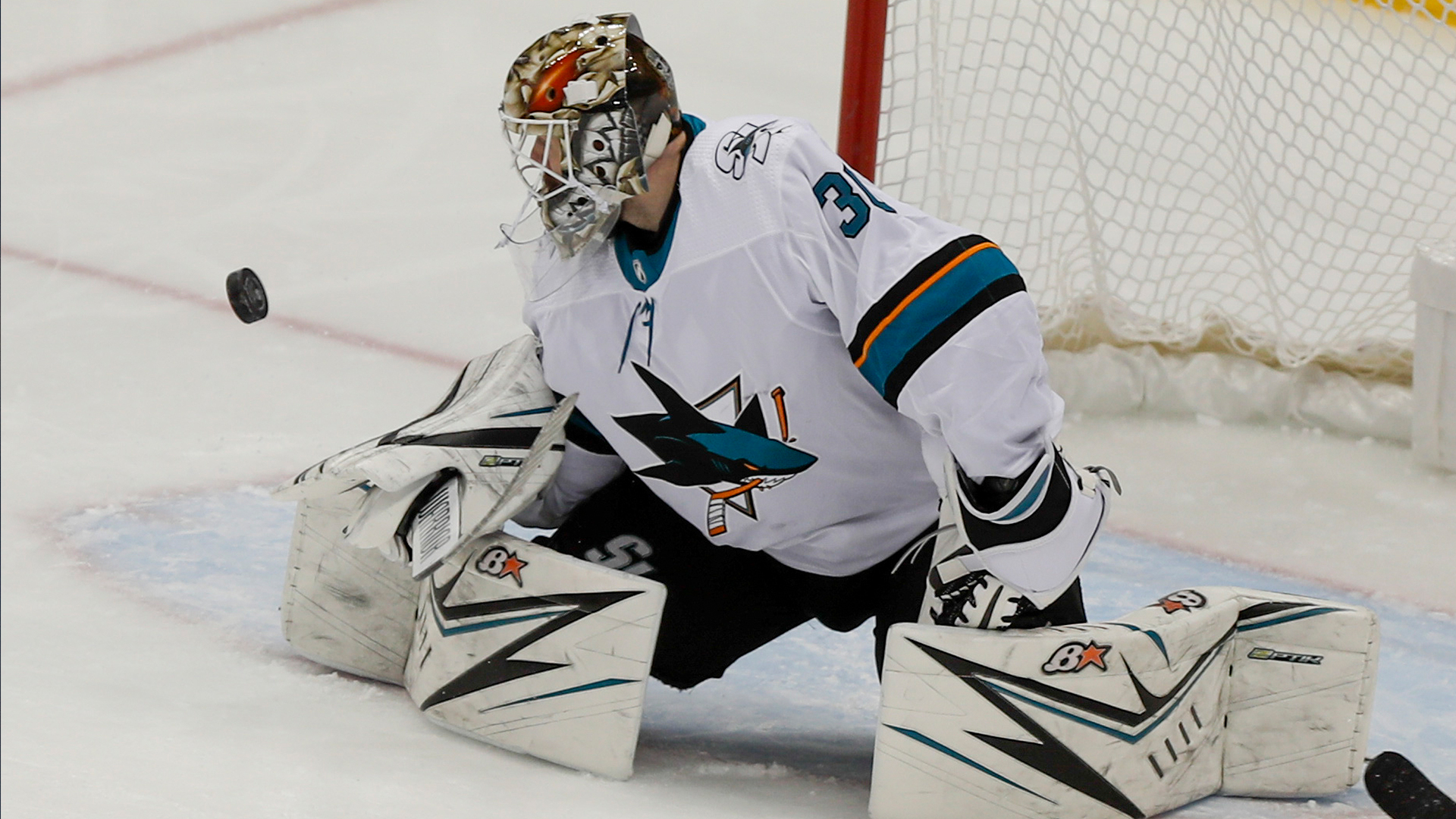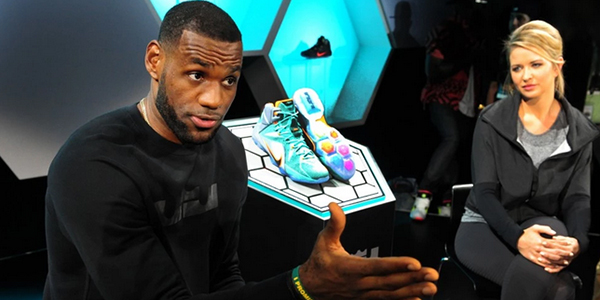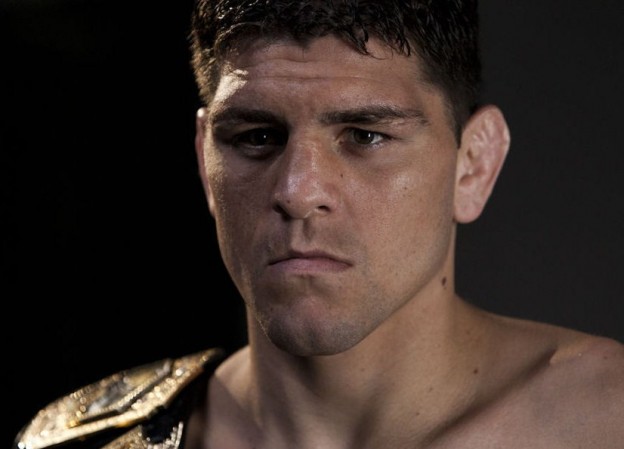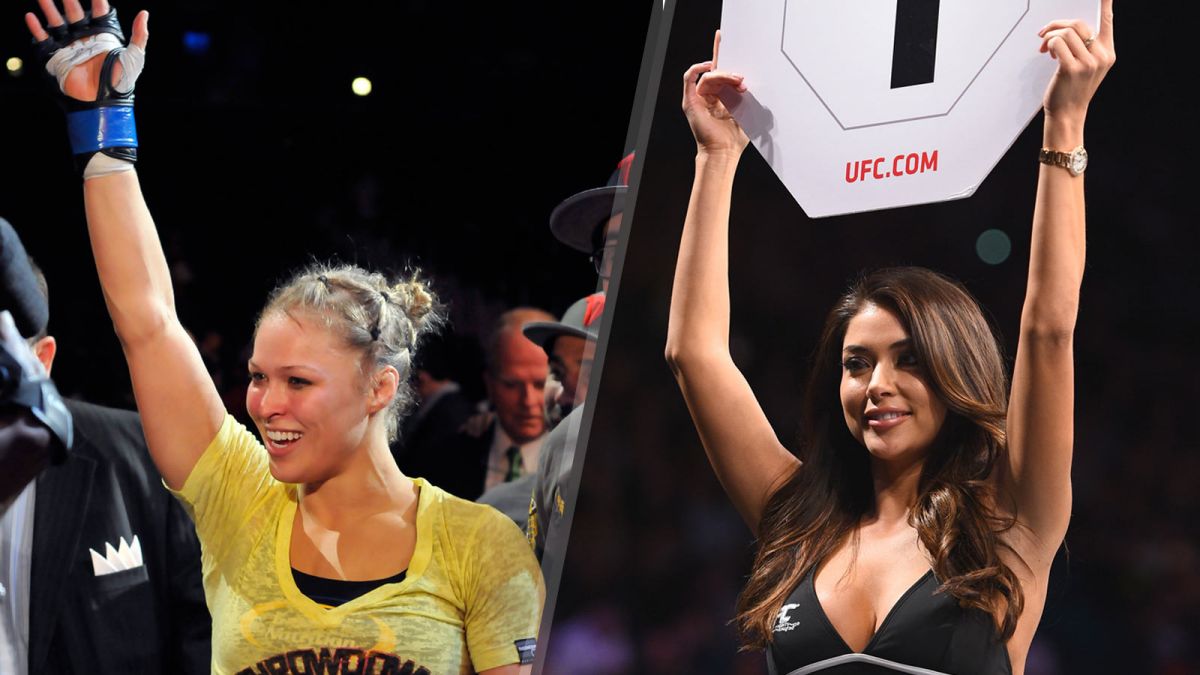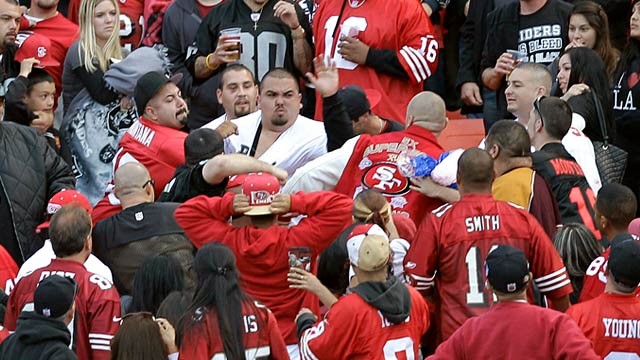Through grit and grime, L.A. wore down the Braves to pull off a miraculous NLCS comeback and return to the World Series.
ARLINGTON — Of the many attributes assigned to the Los Angeles Dodgers in the inevitable emptiness of recent seasons, “scrappy” has not been one of them. Fairly or not, the team with eight straight division titles but still no World Series championship since 1988 has been labeled as underachievers, overthinkers, and playoff disasters waiting to happen. One glance at social media reveals another whole spectrum of nouns altogether.
With their resources, their payroll and those beyond-white home uniforms glistening in the Southern California sun, the Dodgers give the appearance of being about as blue collar as a Hollywood movie mogul in the back seat of a limo with wine properly chilled. Such was the case especially this season, when the Dodgers treated the regular season as calisthenics and still won the National League West by six games.
There are many ways to win a National League pennant. But because of their upper-crust pedigree, the Dodgers won it in the very best possible way for them. Accustomed to playing from out front, they won it by coming from behind.
They became the first NL team to win a postseason series by coming back from deficits of two games to none and three games to one. They faced two deficits in Game 7 Sunday night, 2-0 and 3-2, but came back each time. They won 4-3 because they battled back from two strikes against Atlanta all night, turning at-bats into labors of love that ended happily. And they dove and leapt about the Globe Life Field turf on defense in ways that in a more natural setting would have rendered them properly grass-stained for this new role they have assumed.
The Dodgers–yes, the haughty, rich, showy L.A. Dodgers, the filet mignon of Major League Baseball–are going to the World Series re-cast as a meat-and-potatoes crew that answered a severe test from the Braves with a wealth of tenaciousness.

“We heard all year, ‘The Dodgers are the best team in baseball,’” Braves first baseman Freddie Freeman said. “We gave them a little bit of a heart murmur in this series. We gave them everything they could handle. They just made the right plays at the right time.”
“The first time this year,” said Dodgers second baseman Enrique Hernández, “that we were tested.”
“He hit the nail on the head,” said Mookie Betts, who changed the series with memorable defensive plays. “This was the first time we had our backs against the wall. All season we have been controlling games, controlling the series. It seemed like we were getting handled a bit early on. We were able to get ahold of everything and ahold of ourselves–start to fight back–and it shows you the kind of group and type of guys we have.”
The Dodgers forced the Braves to throw 175 pitches to 38 batters, a preposterous rate of 4.6 pitches per plate appearance. Since 1988, when pitch data became available, there have been 21 Game 7s. The Dodgers saw the most pitches per plate appearance of the 42 lineups to play in those past 21 Game 7s.
Watching the Dodgers take at-bats is like sitting through a PBS pledge drive: it’s going to take longer than you prefer, but it’s necessary.
“We only have 27 outs,” Betts said. “I think we intend to make them all tough. That’s how you win games.”
The Dodgers are not fully re-cast until they win the World Series, and to do so against the American League champion Tampa Bay Rays will require another lunch pail effort, because the Rays have even more pitching firepower than the Braves. Fighting off strike three against the Tampa Bay arms will be even more difficult.
The Braves are youngish team with an exciting future, what with Mike Soroka joining Max Fried and Ian Anderson in a deep rotation and graceful centerfielder Christian Pache joining Ronald Acuña Jr., Ozzie Albies and Dansby Swanson in a very talented core of young position players around the fabulous Freeman.
But the NLCS exposed just enough of a difference between the Braves and Dodgers: big-game experience and, with Atlanta missing an injured Adam Duvall, the depth of the lineup. Atlanta’s 7-8-9 hitters batted .194 and could not turn over the lineup often enough.
The more battle-tested Dodgers didn’t make the costly decisions by Swanson and Austin Riley on the bases on the same play in the fourth inning of Game 7. Swanson was running on contact from third on a grounder up the middle–the Dodgers had the infield back with no outs–but failed to remember that Justin Turner, the Los Angeles third baseman, was playing in the hole against the left-handed Nick Markakis. The ball was hit too sharply and too directly at Turner. Swanson should have read the play better and realized he could not score. But knowing the infield was back, he ran immediately.
Turner caught him in a rundown and, while diving, tagged him out without a throw. Riley should have broken immediately from second to third as soon as he saw Swanson in a rundown. Instead, he inexplicably hesitated, and broke for third only as Turner was tagging Swanson. The third baseman turned and threw out Riley to complete a double play. Atlanta ran itself out of a chance to extend a 3-2 lead.
Swanson’s mistake was not nearly as injurious as the one by Riley. If Swanson doesn’t run, the Braves have runners at second and third and one out. If he runs and is tagged out but Riley runs immediately to third, they have runners at first and third with one out–not much of a difference from the best-case scenario. Instead, Riley’s mistake wiped the bases empty with two outs.
Meanwhile, Los Angeles won long at-bats throughout the night. Three key ones, all made from eight pitches, turned Game 7:
1. With two outs and the bases empty in the third, Anderson had Turner in a 1-and-2 predicament. Turner refused to go away. He fouled off two pitches and took three others for balls. “That,” Roberts said, “was a huge at-bat.” The walk ignited a quick rally. Max Muncy doubled and Will Smith beat the shift with a two-run single.
2. Braves reliever A.J. Minter had Hernández, pinch-hitting in the sixth, cornered at 2-and-2. But Hernandez fouled off three straight pitches. The eighth pitch of the at-bat was a fastball that Hernández hammered for a game-tying home run.
3. In a very similar at-bat in the seventh, Atlanta right-hander Chris Martin had Cody Bellinger one strike from a whiff at 2-and-2. Like Hernández, Bellinger spoiled three tough pitches by fouling them–three of the 25 foul balls by Los Angeles. When Martin missed location with a fastball, Bellinger whacked it well beyond the right field wall for the home run that won the pennant.
“Cody’s learned to take a walk if it’s there,” Roberts said, “while realizing if they make a mistake you can still slug. What we’re doing this postseason is another level. If you look at how many times Cody and Corey [Seager] have taken their walks, it’s more than ever in the postseason.”
Think about how the Dodgers turned around this series. Down two games to none, they smashed Atlanta in Game 3, 15-3, in the mightiest display of wearing down pitchers ever seen in the postseason–at least in recorded history. The Braves threw 234 pitches, far and away a record for a nine-inning postseason game.
Down three games to one, the Dodgers won because Betts somehow caught a sinking liner without diving for it, which confused Marcell Ozuna, the runner at third, so much he forgot to be on the base when he tagged up, leading to a replay-aided double play that literally took a run off the board.
The will of Walker Buehler in Game 6–he refused to let Atlanta cross the plate, even when they loaded the bases with no outs–set the stage for Game 7.
Game 7 is a gift. But then, so is a fruit cake. Not all of them deliver the goosebumps you expect when two teams face elimination after battling one another for a week. This one did. From 2-0 to 2-2 to 3-2 to 3-3 to 4-3, the game was riveting in its tautness. Roberts managed every last drop out of the game brilliantly. He plugged one of his best relievers, Blake Treinen, into the third-inning mess. He hit Hernández for Joc Pederson. He let Julio Urías close the game with three dominant innings because–get this–“he had the hot hand,” Roberts said. Improv by the Dodgers?
The Dodgers have so many resources, including brainpower, that they can overthink baseball, which they did again by starting Dustin May. They didn’t tell the rookie until six hours before Game 7 that he was starting. The plan was never to let the top of the Atlanta lineup see the same pitcher twice. May would yield to Tony Gonsolin. Neither pitcher was sharp. None of the algorithms had Urías pitching the final three innings, but give Roberts credit for going off script.
The Los Angeles defense was superb, and needed to be. The Dodgers became only the fourth team to win a Game 7 since 1969 with four or fewer strikeouts (1982 Cardinals, 1985 Royals, 2007 Red Sox).
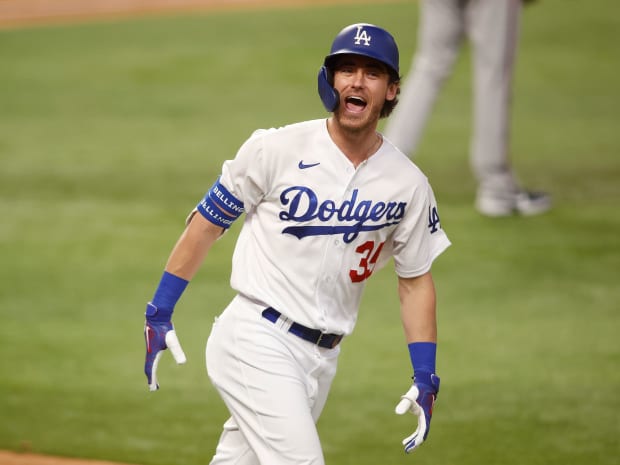
All in all, this was no fruitcake. The pennant-winning home run by Bellinger is the most lasting image–if not the pictures of Hernández whacking Bellinger so hard with an arm bump after it that he knocked Bellinger’s right arm out of its socket. (Trainers popped it back in.) Talk about your brothers in arms.
But the mighty swing by Bellinger is an inadequate proxy for how the Dodgers won the game. One big swing is a MacGuffin compared to the many pitches the Dodgers fouled off or the many close ones they took. The Dodgers treat at-bats like digging holes for fence posts on a hundred-acre ranch: it’s time-consuming, laborious, unglamorous work.
Such industriousness is admirable from any team, but especially from one that saw its previous seven division titles end in elimination losses by scores of 7-3, 5-1, 5-1, 5-0, 3-2, 3-2 and 9-0. That’s nine runs total in seven go-home losses.
Every one of those losses prompted new rounds of analysis about what the Dodgers would have to do to get over this playoff hump and end what is now a 32-year World Series title drought. Maybe what has been missing is the blue-collar reputation of a team that can come from behind and mount the toughest at-bats seen in a Game 7 in ages. By no means are they the undermanned, upset darlings that were the 1988 Dodgers. But these Dodgers are going to the World Series with dirt under their fingernails and purpose that is evident one pitch at a time.
——————-

